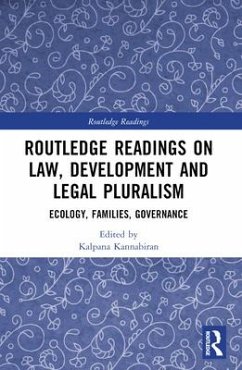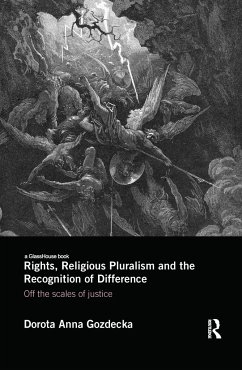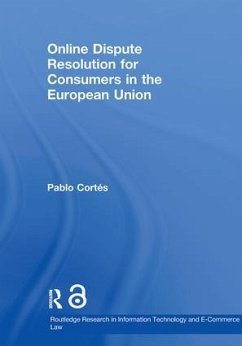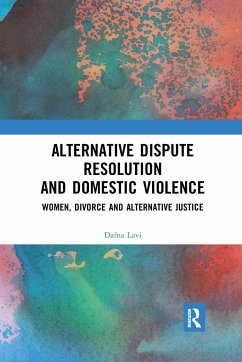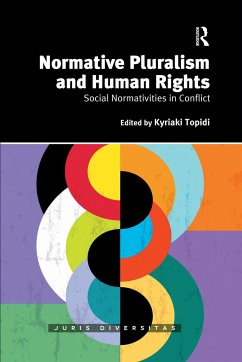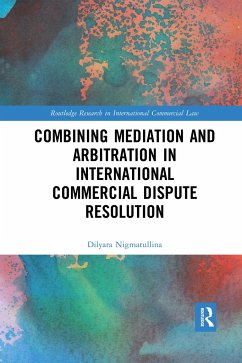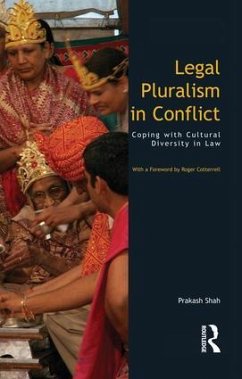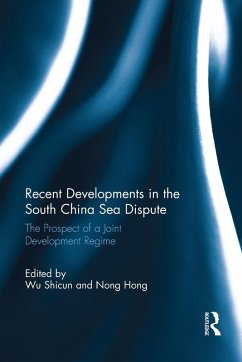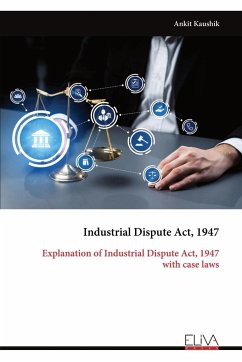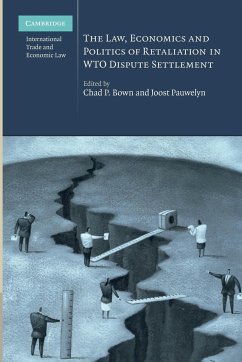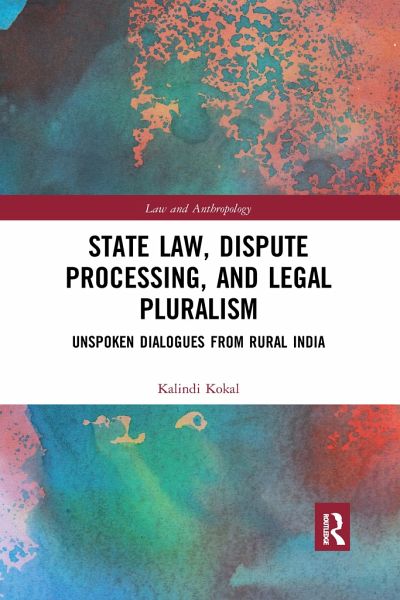
State Law, Dispute Processing And Legal Pluralism
Unspoken Dialogues From Rural India
Versandkostenfrei!
Versandfertig in 1-2 Wochen
55,99 €
inkl. MwSt.
Weitere Ausgaben:

PAYBACK Punkte
28 °P sammeln!
This book presents an ethnography of dispute processing by non-state forums and actors in rural India. As such it sheds light on a much neglected and contested topic. Arising in the context of recent legal and political debates that question the legitimacy of non-state actors engaged in dispute processing, the book explores the nature, form, and functioning of such forums and actors in two locations in rural India. Focusing on a fishermen's community belonging to the caste of Hindu Machim¿r Kö¿s in coastal Maharashtra and an agrarian community in Uttarakhand with members from the Pandit, Th...
This book presents an ethnography of dispute processing by non-state forums and actors in rural India. As such it sheds light on a much neglected and contested topic. Arising in the context of recent legal and political debates that question the legitimacy of non-state actors engaged in dispute processing, the book explores the nature, form, and functioning of such forums and actors in two locations in rural India. Focusing on a fishermen's community belonging to the caste of Hindu Machim¿r Kö¿s in coastal Maharashtra and an agrarian community in Uttarakhand with members from the Pandit, Thakur, Bhoti¿, and Harijan caste groups, this study shows the manner in which non-state forums and actors engage with state law and its regulatory systems.





